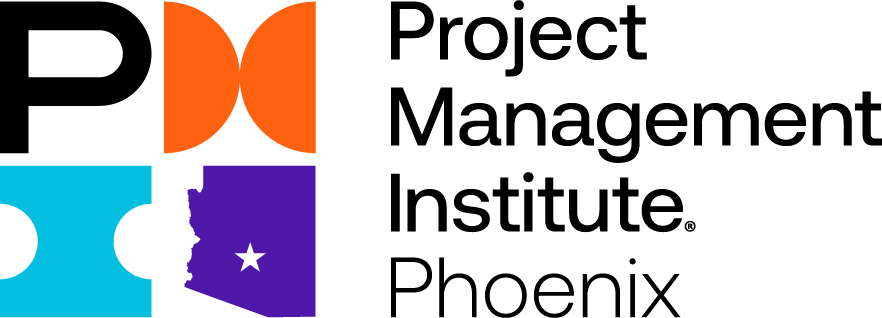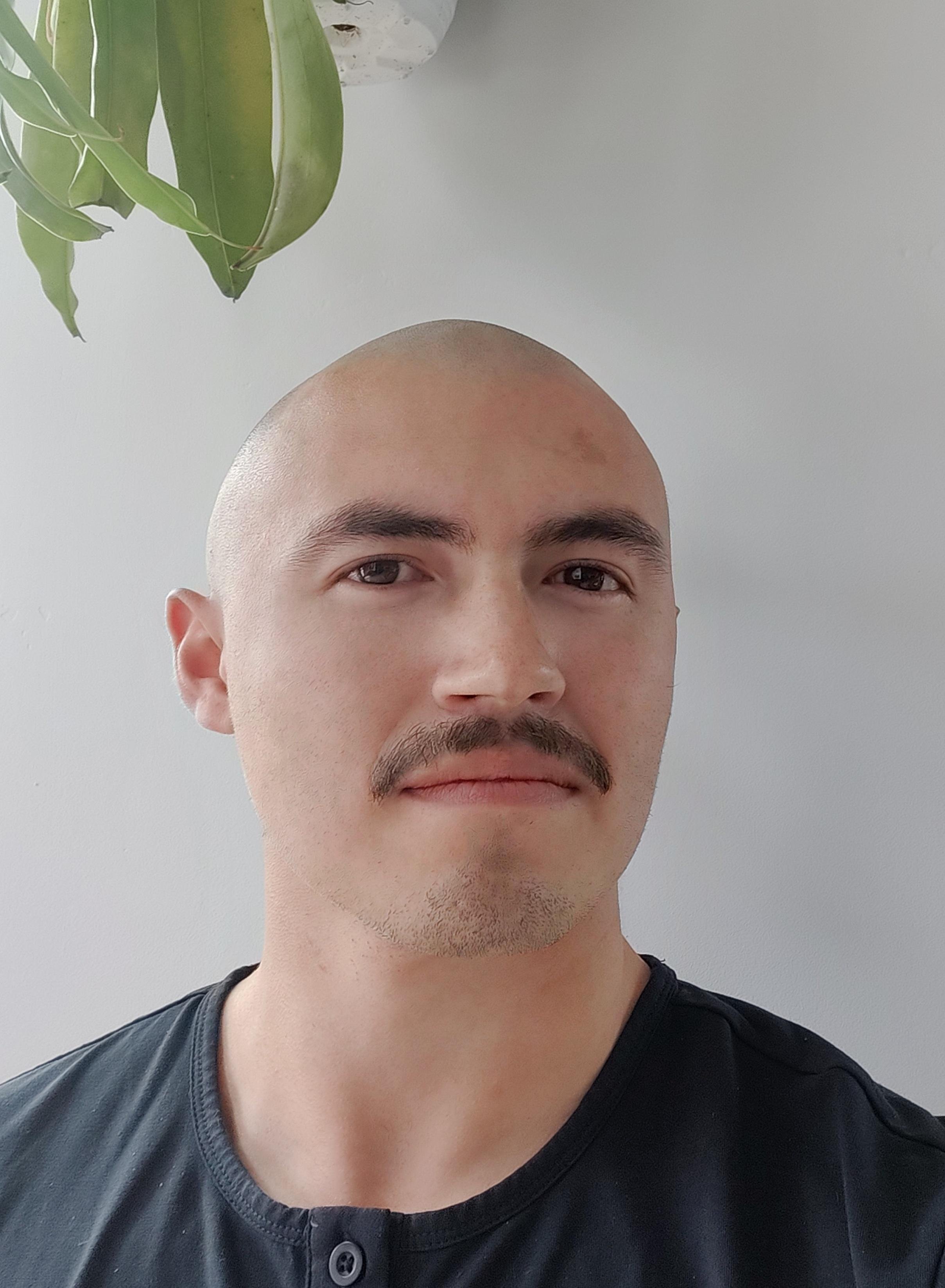My name is Rafael "Tito" Vanderbilt Rios, and I didn't know that what I had been doing for the first four years of my career was agile project management, or that it could be something that I could use to differentiate myself in industry.
I have been an entrepreneur and people mover since I was 18:
I founded and grew my fraternity in college from 15 to 55 in a year when I was 19, I founded a business in the IoT tech space, developed a full beta, and was beaten to market by Monsanto when I was 20 years old, I cofounded what was almost the most disruptive company in academic publishing and proof tracing in the blockchain space when I was 21, and led automation teams to do away with outdated processes in a corporate setting when I was 23. Somewhere in there, I earned my Bachelors of Science in Economics with a focus on Data Management and Analytics from Santa Clara University.
Through all of this, I was slowly honing my abilities in project management, software development and integration, stakeholder management and engagement, on-demand creativity, and how to deal wholeheartedly with great successes, and equally great failures. Through all of this, I had no idea I was turning myself into a PM.
I learned about project management formally for the first time this past Fall, when I took Advanced Project Management with my now mentor, Dr. Steve Cho (inventor of the microgyroscope - he'd want me to put that in here). It was then that I realized that I actually already knew the majority of the material covered in the course, but was more introduced into the formalized processes and procedures outlined in the PMBOK. Dr. Cho had specifically geared the class towards taking the PMP, and our final exam was a past PMP. He encouraged me immediately to begin studying seriously, as he believed I could pass it.
I used one book, the 10th Edition PMP Study Guide, by Kim Heldman, PMP, and read it cover to cover in the month before the exam, taking all the practice exams included with the book. The book is written for the 2021 exam, and emphasizes the variability in questions asked, as well as the focus on moving the project forward. I was scoring between 70% and 78% on the practice exams, which wasn't enough for me to be fully comfortable going into the exam on March 3. As it turns out, the full length practice exams in the study guide are significantly harder than the exam itself, which I passed on the first try with Above Target scores in all knowledge areas with an hour left in the exam period.
My advice for taking the exam is four-fold:
1. Effective studying requires discipline and categorical thinking; trying to remember things sequentially here as opposed to in terms of their situational applications will make it impossible to apply the knowledge quickly enough to finish in time.
2. If you have the opportunity to actively apply what you're studying to an existing or theoretical project, you will better solidify the practice outside of just the concept, making the concept easier to recall.
3. The primary goal in every one of the questions in the 2021 PMP is moving the project forward. Many of the options are viable in each question, but which is going to immediately create momentum in the project?
4. The 2021 PMP is adaptive based on performance on knowledge area questions; if you're continually succeeding in an area, the questions will get more difficult, and vice-versa. Maintaining momentum is critical.
As I finish out my Master's of Science in Innovation and Venture Development, I'm actively seeking positions in technical project management and innovation-focused roles. If there are hard problems to be solved, I'll be the first one into the fray.
For additional exam questions, Tito has agreed to be contacted at l: (707) 738-9996 or This email address is being protected from spambots. You need JavaScript enabled to view it. .

